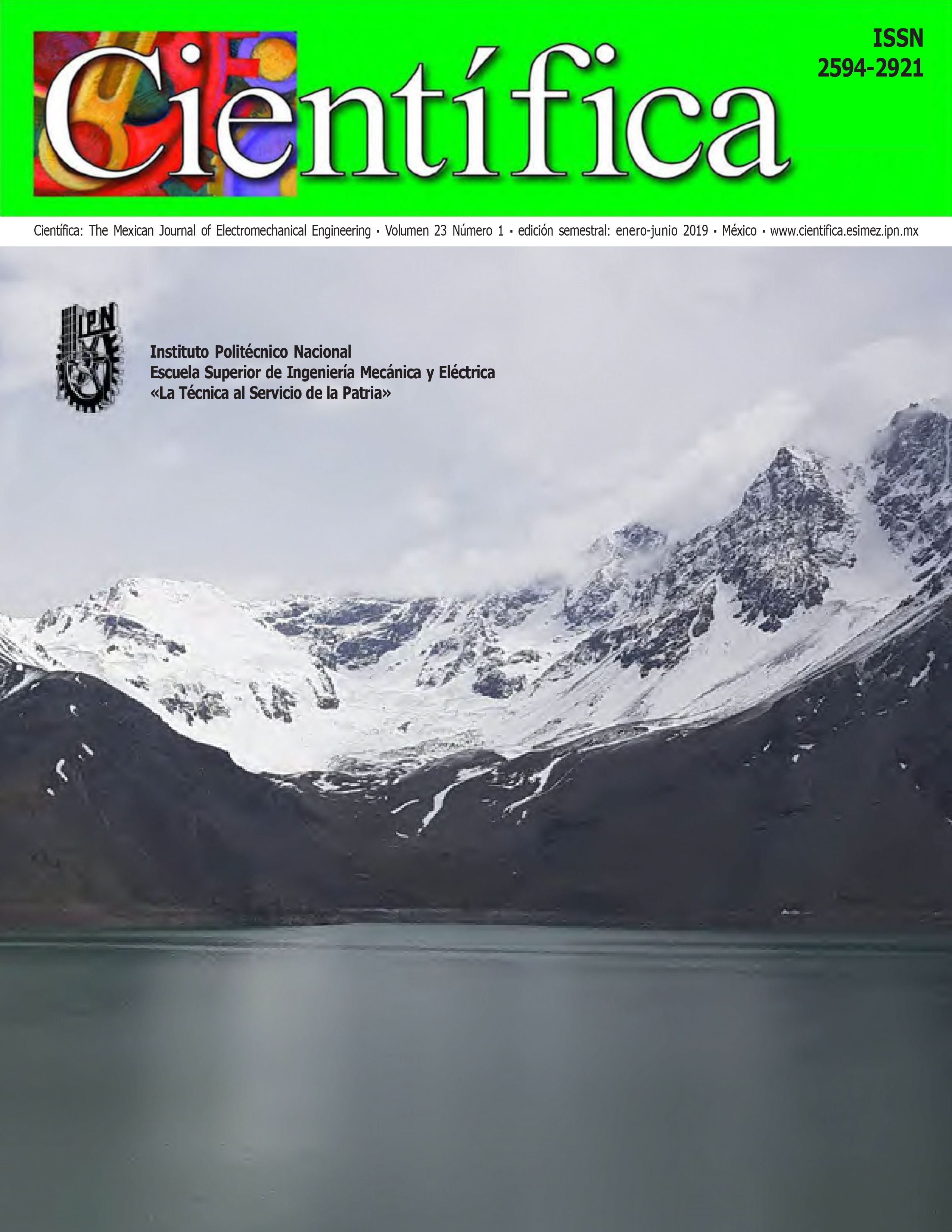Development of Soft Skills in the Training of Engineers
DOI:
https://doi.org/10.46842/ipn.cien.v23n1a07Keywords:
industry 4.0, graduation profiles, soft skills, teaching strategiesAbstract
This article proposes teaching-learning strategies applicable in the classroom that favor the training of students in the mathematical physical training area, specifically engineering, not exclusive of them. The study of theoretical type integrates the analysis of the megatrends, of the requirements of the industry 4.0 and of the company, these give origin and relate with the profiles of graduation of superior level, the objective is to know if the students are prepared to respond to the challenges of the future, if they possess the soft skills and abilities that involve information management, communication and teamwork, while skills that relate to others: analyze, synthesize, oral and written expression, leadership, etc. Once they are identified within the graduate profiles of engineering careers, teaching strategies are proposed that promote them: reading and problem-based learning.
References
Instituto Politécnico Nacional, Un nuevo Modelo Educativo para el IPN. México: Dirección de publicaciones IPN, 2003.
UNESCO, Sociedades del conocimiento: el camino para construir un mundo mejor, 2018. Disponible en https://es.unesco.org/node/251182
E. Serna, A. Serna, "Complejidad y Pensamiento Complejo para innovar los procesos formativos en ingeniería," Sistemas Cibernética e Informática, vol. 14, no. 1, pp. 48-55, 2017. Disponible en http://www.iiisci.org/journal/CV$/risci/pdfs/CB176YI17.pdf
System Integration of industria 4.0, 2018. Disponible en http://www.masingenieros.com/portfolio/el-nuevo-reto-la-industria-4-0/
C. B. Ynzunza-Cortés, J. M. Izar-Landeta , J. G. Bocarando-Chacón, "El entorno de la industria 4.0: implicaciones y perspectivas futuras," ConCiencia Tecnológica, no. 54, pp. 33-45, 2017. Disponible en https://www.redalyc.org/articulo.oa?id=94454631006
A. Valle-Flores, "Nuevos contenidos del trabajo y formas de empleo profesional en el sector moderno de las economías desarrolladas," Perfiles educativos, vol. 23, pp. 129-138, 2011. Disponible en https://www.redalyc.org/toc.oa?id=132&numero=21258
D. Flores-Guerrero, "La importancia e impacto de la lectura, redacción y pensamiento crítico en la educación superior," Zona Próxima, no. 24, pp. 128-135, 2016. Disponible en http://dx.doi.org/10.14482/zp.24.8727
A. Torres, El pensamiento complejo y educación, 2013. Disponible en http://edgarmorinmultiversidad.org/index.php/blog/35-educacion/387-pensamiento-complejo-y-educacion.html
J. E. Moreno, A. Marcaccio, "Perfiles profesionales y valores relativos al trabajo," Ciencias Psicológicas, vol. 8, no. 2, pp. 129-138, 2014. Disponible en http://www.scielo.edu.uy/scielo.php?script=sci_arttext&pid=S1688-42212014000200003&lng=es&tlng=es
Instituto Politécnico Nacional, Oferta educativa, 2018. Disponible en https://www.ipn.mx/oferta-educativa/educacion-superior
Centro Virtual Cervantes, CVC Diccionario de términos claves de ELE, 2018. Disponible en https://cvc.cervantes.es/ensenanza/biblioteca_ele/diccio_ele/diccionario/competenciacomunicativa.htm
P. Pérez-Esteve, "La comprensión lectora y la competencia en comunicación linguística en el nuevo marco curricular: algunas claves para su desarrollo," Educatio siglo XXI, vol. 27, no. 1, pp. 13-32, 2009. Disponible en https://revistas.um.es/educatio/article/view/71081/68621
Instituto Nacional para Evaluación de la Educación, PISA en el aula: Lectura, México: INEE, 2008.
P. Carlino, Escribir, leer y aprender en la universidad. Una introducción a la alfabetización académica, Argentina: Fondo de Cultura Económica, 2005.
H. Maddox, Cómo estudiar, España: Oikos-Tau, 1973.
OCDE, Acuerdo de cooperación México-OCDE para mejorar la calidad de la educación de las escuelas mexicanas, México, 2010.
A. Valencia, "Enseñanza del emprendimiento en las facultades de ingeniería," 9th Latin American and Caribbean Conference for Engineering and Technology, (pp. 1-9), Medellín, Colombia, 2011.
S. Núñez-López, J. E. Avila-Palet, S. L. Olivares-Olivares, Silvia-Lizett, "El desarrollo del pensamiento crítico en estudiantes universitarios por medio del Aprendizaje Basado en Problemas," Revista Iberoamericana de Educación Superior, vol. 8, núm. 23, pp. 84-103, enero 2017. Disponible en http://www.redalyc.org/pdf/2991/299152904005.pdf
F. Díaz, "Aprendizaje basado en problemas. De la teoría a la práctica, Carlos Sola Ayape (Dir. Ed.)," Perfiles educativos, vol. 28, no. 3, pp. 124-127, 2006.c Disponible en http://www.scielo.org.mx/scielo.php?script=sci_arttext&pid=S0185-26982006000100007
Downloads
Published
Issue
Section
License
Copyright (c) 2019 Instituto Politecnico Nacional

This work is licensed under a Creative Commons Attribution-NonCommercial-ShareAlike 4.0 International License.

